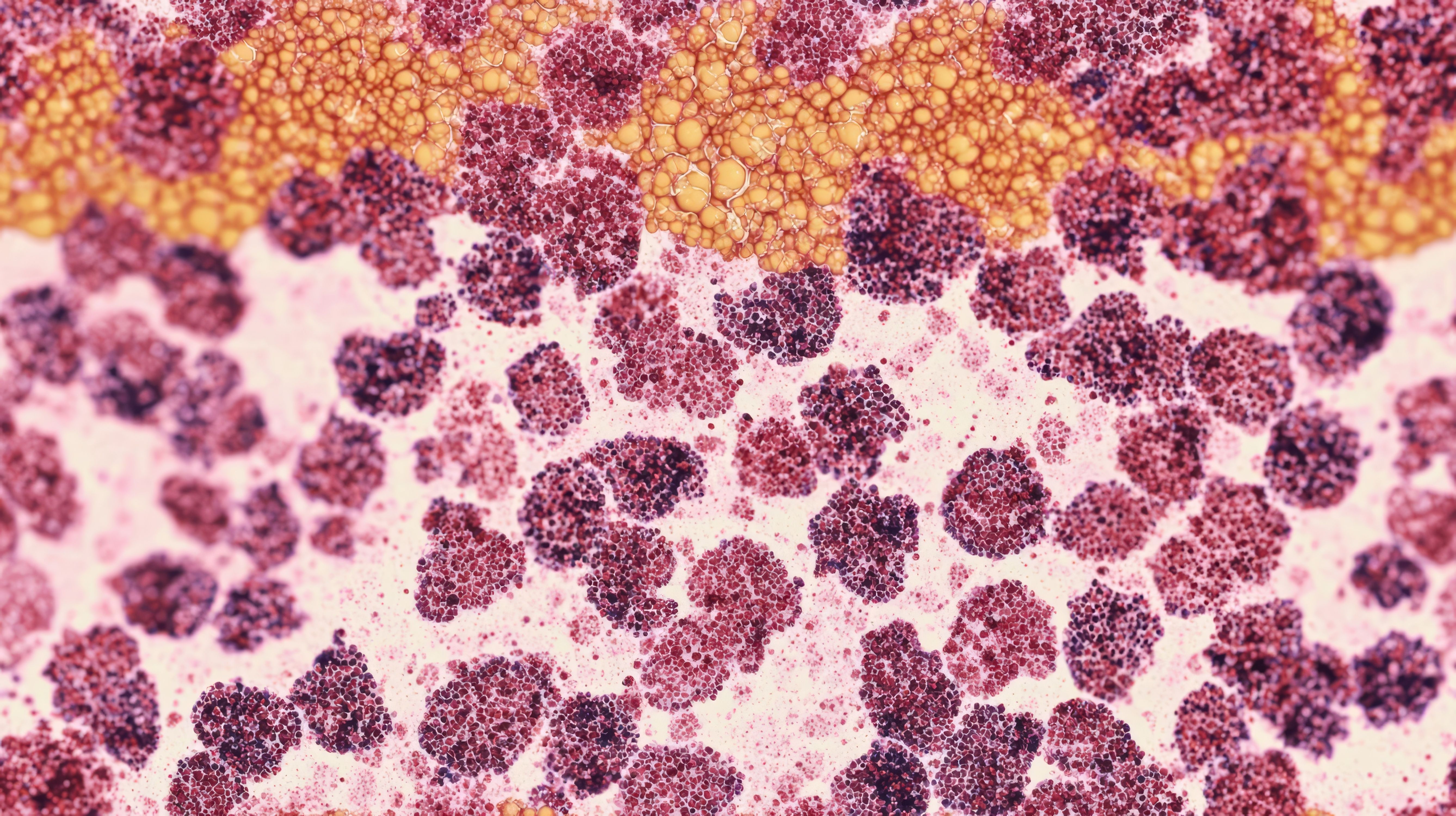Article
Breakthrough Achieved in Immunotherapy for Cancer, Autoimmune Conditions
Author(s):
Findings could lead to more effective treatments for diseases such as cancer and multiple sclerosis.
Findings could lead to more effective treatments for diseases such as cancer and multiple sclerosis.
Could scientists have possibly been wrong in prematurely introducing cytokine to T cells in patients with cancer and autoimmune conditions?
A new study suggests that this premature activation could be responsible for hampering overall immunity in patients with these conditions.
In a discovery that is likely to rewrite immunology textbooks, researchers at UC Davis found that early exposure to inflammatory cytokines, such as interleukin 2, can paralyze CD4 T cells to hamper the components that help orchestrate the body’s response to pathogens and other invaders. This discovery could lead to better cancer immunotherapies, more effective drugs for autoimmune deficiencies, and new ways to expedite recovery from sepsis.
“There’s a 3-signal process to activate T cells of which each component is essential for proper activation,” said first author Gail Sckisel, a post-doctoral fellow. “But no one had really looked at what happens if they are delivered out of sequence. If the third signal—cytokines—is given prematurely, it basically paralyzes CD4 T cells.”
In order to activate appropriately, T cells must first recognize an antigen, receive the right constimulatory signals, and then encounter inflammatory cytokines to expand the immune response. Until now, scientists failed to recognize that sending the third signal early could actually weaken overall immunity.
“These stimulatory immunotherapies are designed to activate the immune system, but considering how T cells response, that approach could damage a patient’s ability to fight off pathogens,” Sckisel said. “While immunotherapies might fight cancer, they may also open the door to opportunistic infections.”
Researchers tested this theory in mice that had trouble mounting a primary T cell response after receiving systemic immunotherapy. The findings were confirmed in human patients who received high-dose interleukin 2 therapy to treat metastatic melanoma.
“We need to be very careful because immunotherapy could be generating both short-term gain and long-term loss,” noted lead author William Murphy, professor and acting chair in the UC Davis Department of Dermatology. “The patients who were receiving immunotherapy were totally shut down, which shows how profoundly we were suppressing the immune system.”
The study brings with it insights into autoimmune disorders as well. Researchers believe the CD4 paralysis mechanism could play a role in preventing autoimmunity. This hypothesis was evaluated by testing immunotherapy in a multiple sclerosis model.
Shutting down the CD4 T cells was found to trigger immune stimulation and prevented an autoimmune response. This shows the potential of the mechanism to paralyze the immune system to prevent autoimmunity or modulate it to accept transplanted cells or entire organs.
“Transplant patients go on immunosuppressants for the rest of their lives, but if we could safely induce paralysis just prior to surgery, it’s possible that patients could develop tolerance,” Sckisel said.
The next step is for researchers to continue studying older mice, since age can bring a measurable loss in immune function. Inflammation may also play a role in that process. The revolutionary discovery is paramount to both patients and physicians alike as it has the potential to change the face of immunotherapy forever.
“This could change how we treat people who are very sick,” said Murphy. “If we can block pathways that suppress the immune response, we may be able to better fight infection.”
Newsletter
Stay informed on drug updates, treatment guidelines, and pharmacy practice trends—subscribe to Pharmacy Times for weekly clinical insights.




